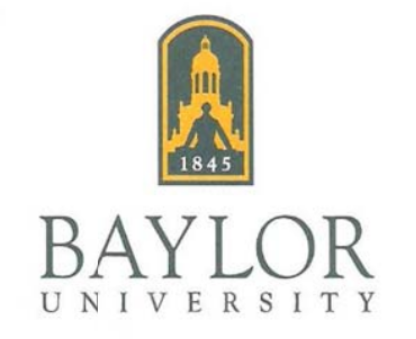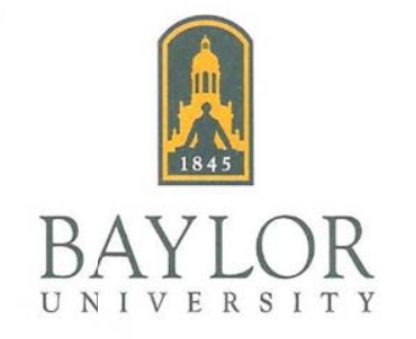Meet the Steering Committee!
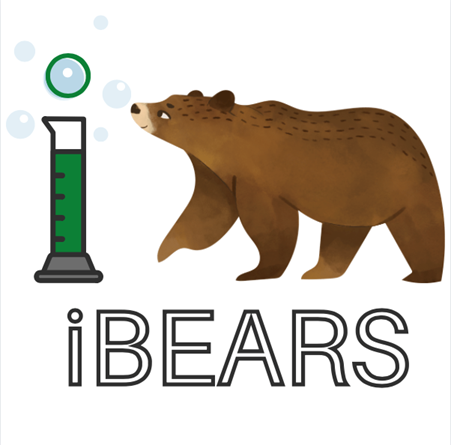
Innovation to further the development of future leaders in
Science, Technology, Engineering, and Mathematics for the next generation.

Principal Investigator
Email: Tracey_Sulak@baylor.edu
A Clinical Associate Professor in Educational Psychology. Dr. Sulak received her Ph.D. from Baylor University in Educational Psychology. Prior to joining the faculty, she was a public and private school teacher in classrooms serving children from age 3 years to eighth grade.
Dr. Sulak’s teaching interests include math and literacy interventions, research design, and statistics. She currently teaches courses in the special education undergraduate teacher education program, as well as courses in the master’s and doctoral programs in Educational Psychology. In 2010, she was awarded the Outstanding Graduate Student Instructor for her teaching in special education.
Dr. Sulak’s primary research interests involve the impact of environment on educational outcomes across the lifespan, and much of her research is funded by internal and external grants. Dr. Sulak conducts both applied research and secondary data set analysis, with much of her applied research situated in local public schools or colleges and universities. She uses secondary data to supplement and inform her applied research studies. Her work has been presented internationally, nationally and regionally, and her publications appear in journals such as the Journal of Attention Disorders and Early Child Development and Care. In 2015, she was nominated for Baylor’s Outstanding Professor Award in the Non-Tenure Track Faculty category for scholarship.

Co-Principal Investigator
Email: memoore5@ualr.edu
Dr. Moore is the Learning Assistant Program Coordinator at the University of Arkansas at Little rock. He received his Ph.D. from Oklahoma State University in Integrative Biology. Before joining UA Little Rock, Dr. Moore was a Postdoctoral Scholar at the University of California, Davis.
Dr. Moore's research interests are in inclusion perceptions and behaviors of undergraduate STEM students. He is also very interested in mentoring, faculty and postdoctoral professional development, and motivation in STEM. Information on his publications can be found on his Google Scholar page. He has extensive experience in network formation and building through his work as a steering committee member for the NSF-funded iEMBER network. Dr. Moore is an active member of the biology education research community and regularly attends and presents at conferences such as the Society for the Advancement of Biology Education Research (SABER) and the National Association of Biology Teachers (NABT).
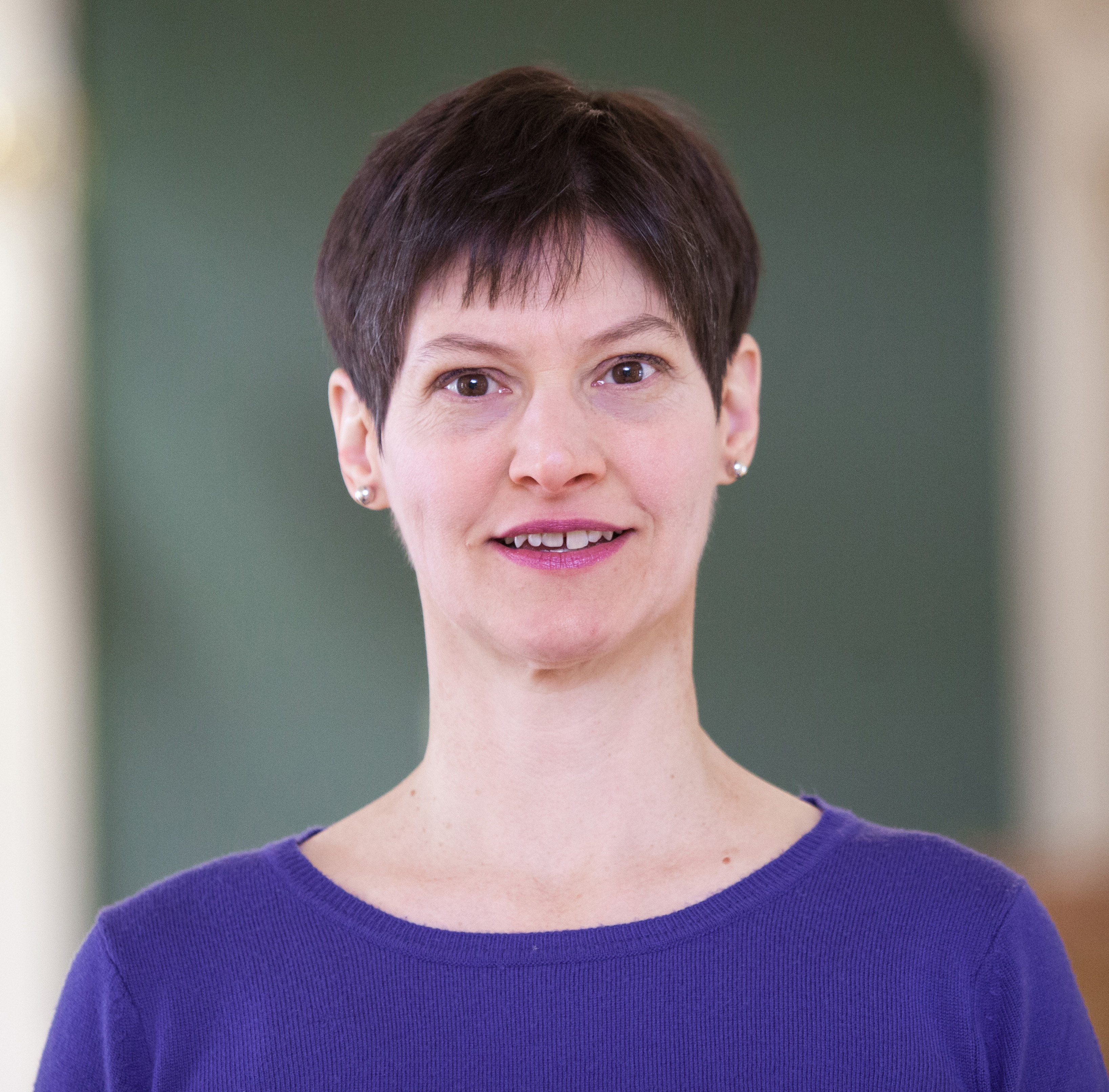
Co-Principal Investigator
Email: penny.thompson@okstate.edu
Penny Thompson is an associate professor of educational technology at Oklahoma State University. She received her Ph.D in Educational Psychology and Educational Technology from Michigan State University in 2012. She is also interested in all areas where technology and cognition intersect, including communication in online environments, the design of technology to support cognition, the ways immersion in digital technology may or may not be changing attitudes toward learning, and the expanded set of media literacy and 21st-century skills required for success in a technology-rich society.

Co-Principal Investigator
Email: bchristian@mclennan.edu
Dr. Bradley Christian is the Division Chair of Math and Science at McLennan Community College in Waco, TX, where he oversees the Biology, Chemistry, Environmental Science, Geology, Physics, Engineering, Math, and Agriculture departments. He also serves as McLennan’s Institutional Review Board Chair and as an adjunct professor of Virology and Microbiology for Texas Tech University. He has a B.S. in Microbiology and Biology from the University of Texas at Arlington and Ph.D. in Biology from Baylor University.

iBEAR Founder / Program Director
Email: Marty_Harvill@baylor.edu
Dr. Marty Harvill attended Arkansas State University and earned B.S.E. and M.S in Biology. In 1994, he earned a Ph.D. in Zoology from Texas A&M University. During the next four years, he taught at Bowling Green State University and the University of Toledo as a lecturer and visiting professor. From 1998-2007, he taught at Mississippi University for Women a reached full professor's rank. Since 2007, he has been at Baylor University as a senior lecturer. During his 25+ years of teaching, he has taught more than 25,000+ students and has mentored more than 500+ students through research projects. During the last ten years, he has incorporated research into the Baylor biology curriculum and science classes of local school systems. Most of these research opportunities for undergraduates involve the Lake Waco Wetlands in Waco, Texas. Another research model incorporates Laparoscopic training boxes. Both research models allow undergraduates to design and conduct independent research projects.

Research and Resource Development - Coordinator
Email: maryann_hebda1@baylor.edu
Maryann R. Hebda is a doctoral student in Educational Psychology at Baylor University. Her research interests include twice-exceptional learners and perceptions of value in learning. Maryann has promoted inclusive STEM through creating and facilitating extracurricular robotics and summer enrichment programs in rural middle schools.
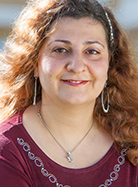
Director of iBEARS at TCU
Email:h.hokayem@tcu.edu
As a K-12 biology and science teacher for 11 years, I always strove to support my students’ meaningful learning of scientific concepts. Hence, my research interests stem from my commitment to understand when, how, and why students learn. I have used the cognitive and socio-cultural lenses to investigate student learning. Whereas the socio-cultural perspective emphasizes participation in a community of practice, the cognitive perspective emphasizes the “conceptual change” of intuitive ideas to scientific explanations. My research focuses on using both the socio-cultural and the cognitive perspectives to investigate (1) the learning and assessment of disciplinary core ideas and science practices and (2) learning progressions for ecological systems.

Research and Resource Development - Lead Researcher
Email: a.tolar@tcu.edu
Alex T. St. Louis is a Ph.D. Candidate at Texas Christian University in the Andrews Institute of Mathematics and Science Education. Her research interests include scientific inquiry, the nature of science, and virtual mentoring/learning—all to help improve scientific relations within the greater community. She is an advocate for inclusion within science and mathematics education.
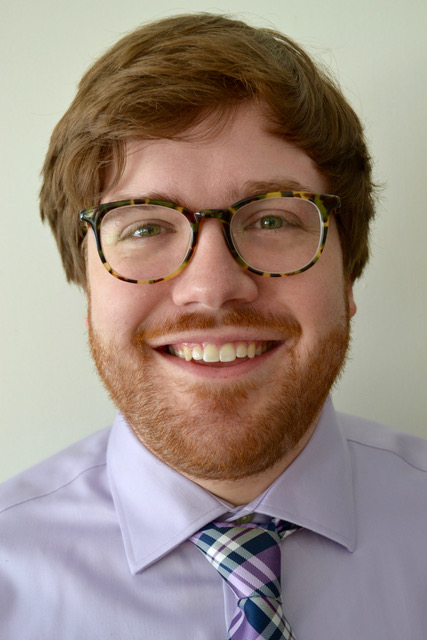
iBEARS Grant External Evaluator
Email: cody.t.williams@wmich.edu
Cody Williams is a Assistant Professor of Science Education and Director of Science and Mathematics Program Improvement (SAMPI) at Western Michigan University. Cody has worked with SAMPI since 2011 and served on evaluation teams for several projects funded by the National Science Foundation, U.S. Department of Education, and Michigan Department of Education. Cody’s research interests are in biology education and educational evaluation. He focuses on using historical stories to improve students’ understanding of the nature of science and science content. He is also an active member of the American Evaluation association (AEA) and regularly presents at the annual AEA conference on topics including multi-site evaluation and building evaluation capacity.


